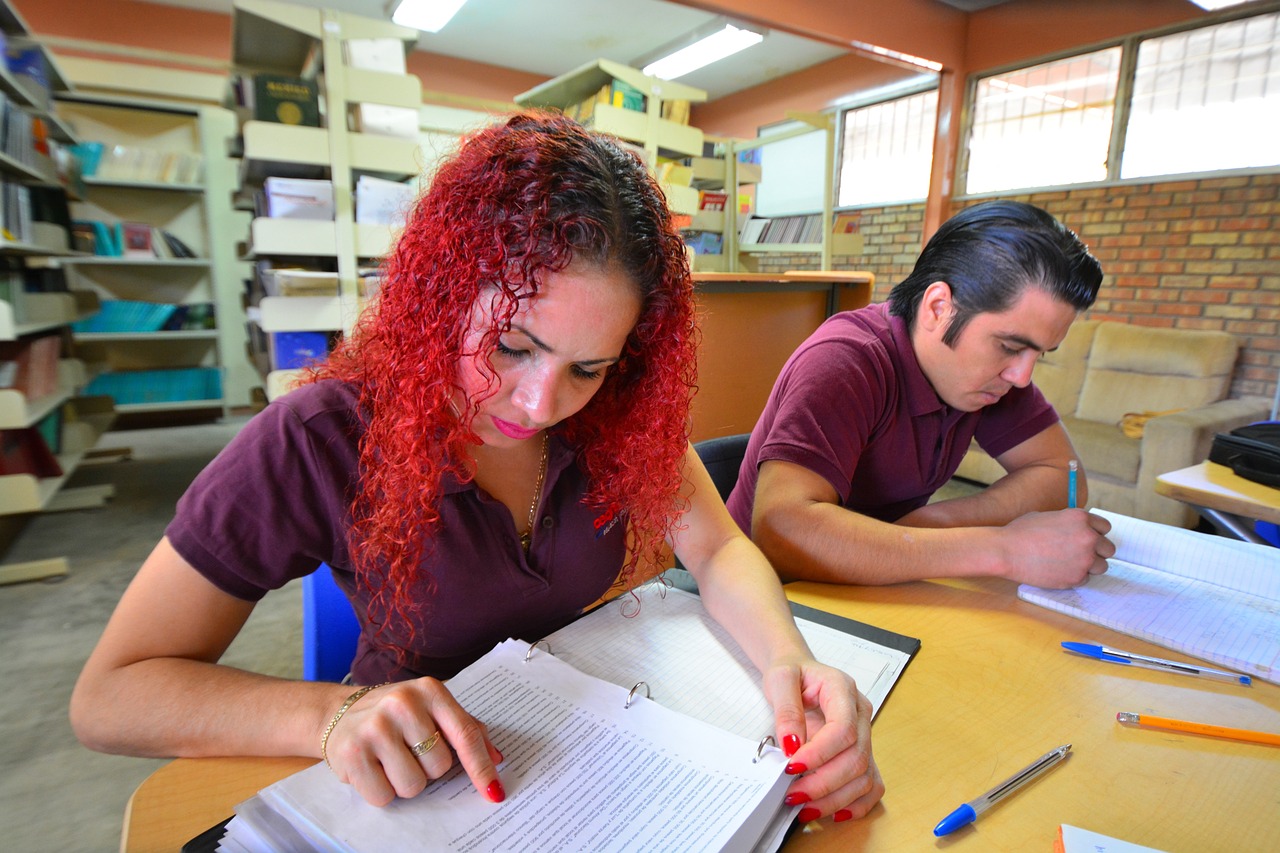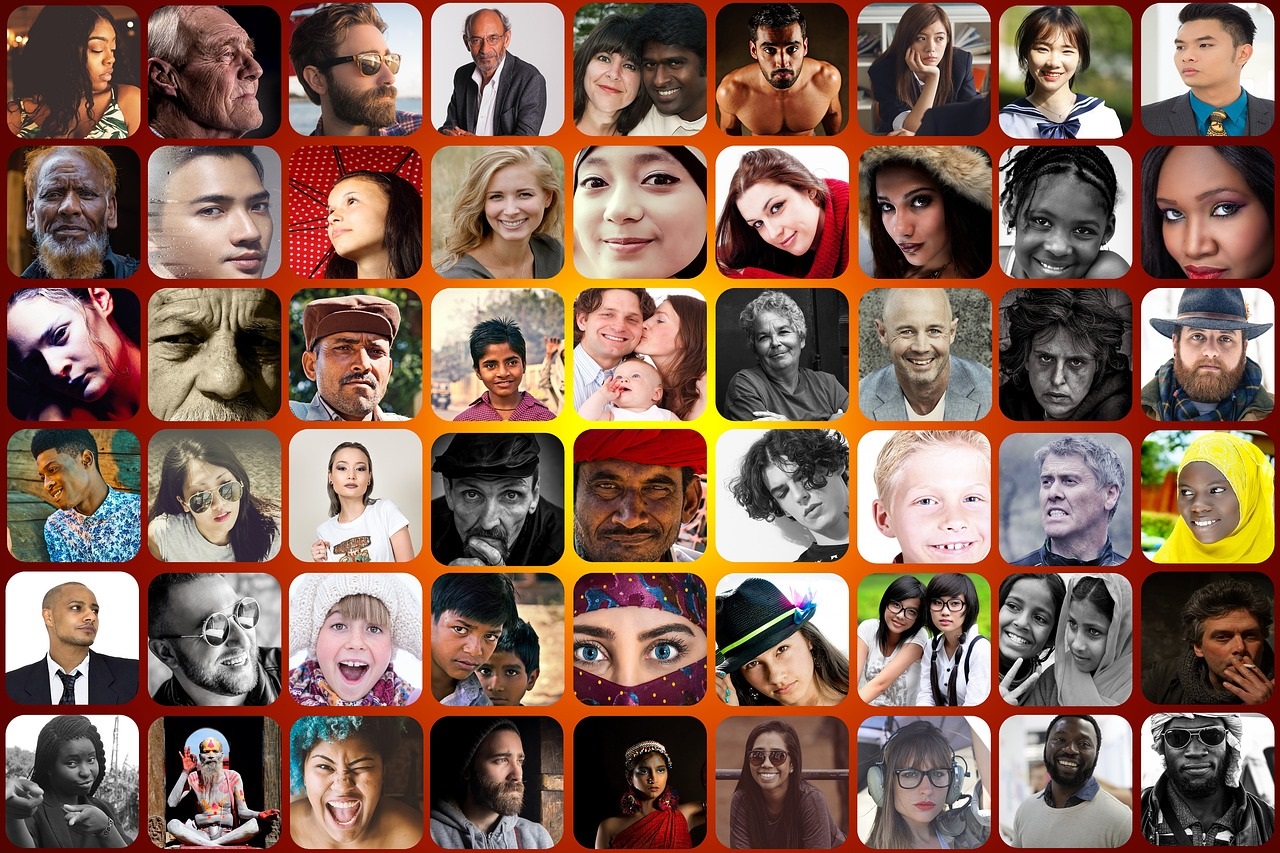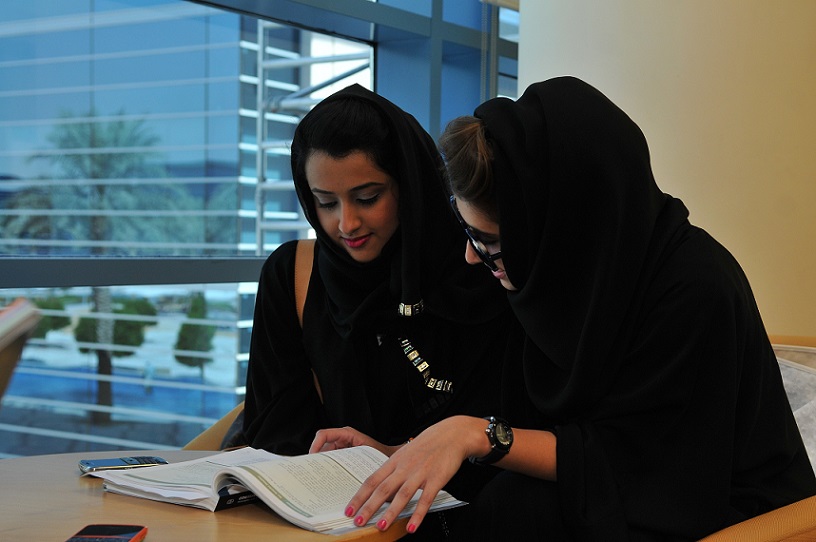Multiculturalism is about ‘integration’ and ‘tolerance’, both ill-defined. This envisages a meshing together, in some sense, of a socially complex and pluralistic western culture, with those that are ‘Other’. This Other may be traditional, and very different.
 Nigel Pocock
Nigel Pocock
Most psychologists would say that adaptability and the capacity for appropriate behaviour is the hallmark of a mature and psychologically healthy person. Much of this however depends on the politically dominant ideology.
Adolf Eichmann was a model of good mental health within a dominant Nazi culture, but would be regarded as a murderous and deluded monster by most modern Britons. People with strong black and white, compartmentalised, modes of thinking and authoritarian personalities, are usually thought to be very inflexible.
This results in poor problem-solving, with a reliance on knee-jerk interpretational reflexes to difficulties.
If a novel problem arises for which there is no ready-made solution within their inventory of responses, they may be completely at a loss.
 So, in which direction has modern social engineering taken us, and has it worked? The buzz-word is of course the ill-defined, but nonetheless loaded word, ‘tolerance’.
So, in which direction has modern social engineering taken us, and has it worked? The buzz-word is of course the ill-defined, but nonetheless loaded word, ‘tolerance’.
Strictly speaking, it must mean a capacity for accepting a person’s differences, and deciding to live with them. But how?
Conversely, within educational policy (and education must be one of the most powerful tools for change, in its fullest sense, including mass media) ‘tolerance’ seems to mean a kind of tautological relativism of truth. This is not true tolerance, but a trivialising of a person’s beliefs and culture. It is also founded on a statement that is only partially true, namely to assert that it is “true to say that truth is relative”.
If taken in an absolute sense, then this is contradictory nonsense, because if this were true, this statement is itself relative; if taken to mean that perceptions of truth are relative a culture, then it is true.
 The former is non-criticisable, unscientific, and non-empirical; the latter facilitates scientific and empirical testing and is therefore criticisable.
The former is non-criticisable, unscientific, and non-empirical; the latter facilitates scientific and empirical testing and is therefore criticisable.
By this means new avenues of enquiry are opened up, and a better understanding of the issues that might make a pluralistic culture an harmonious one, or otherwise, is arrived at.
In taking such a view of ‘tolerance’ as uncriticisable, the dominant liberal tolerance actually blocks the way to a creative and multicultural society. What is needed is an approach which encourages testability and criticisability, not one which blocks it out. Such an approach to testing truth claims, facilitates positive social and psychological change, through developing new and testable hypotheses; the alternative is a way in which to make society stand still.
A dead institutionalisation may be delightful to those who find change hard to cope with (and actually want to prevent it), but the way thereof is that of death. Short-term harmony is not an answer.
 Can any culture be integrated? It depends on both the prevailing liberal secularising authoritarianism and inflexibility, and the nature of the groups to be integrated.
Can any culture be integrated? It depends on both the prevailing liberal secularising authoritarianism and inflexibility, and the nature of the groups to be integrated.
Both liberals and traditional societies need to be open to criticisability, and this will not be easy.
If this skill is not learned, then there is little chance of progress; either for the dominant culture and its secular values, and the traditional, often religious cultures, that want to be taken seriously. Indeed, education is key, but what kind of education?
(Photos:Pixabay)












.jpg)












